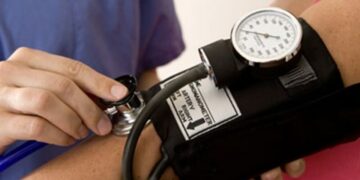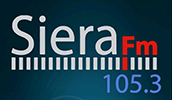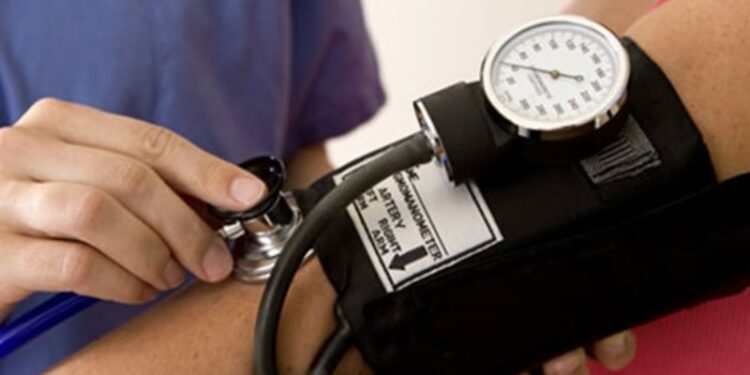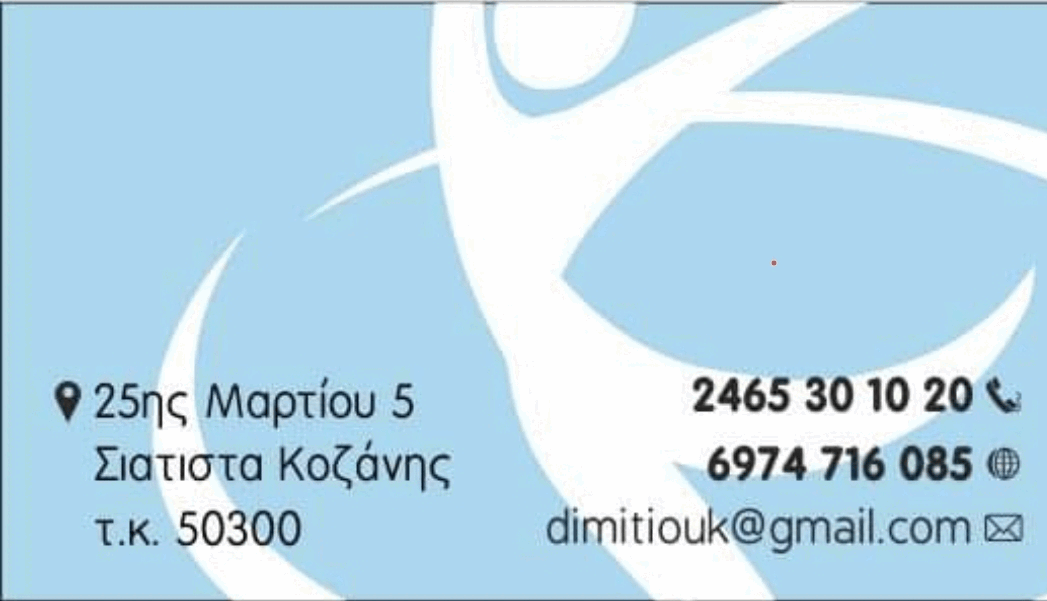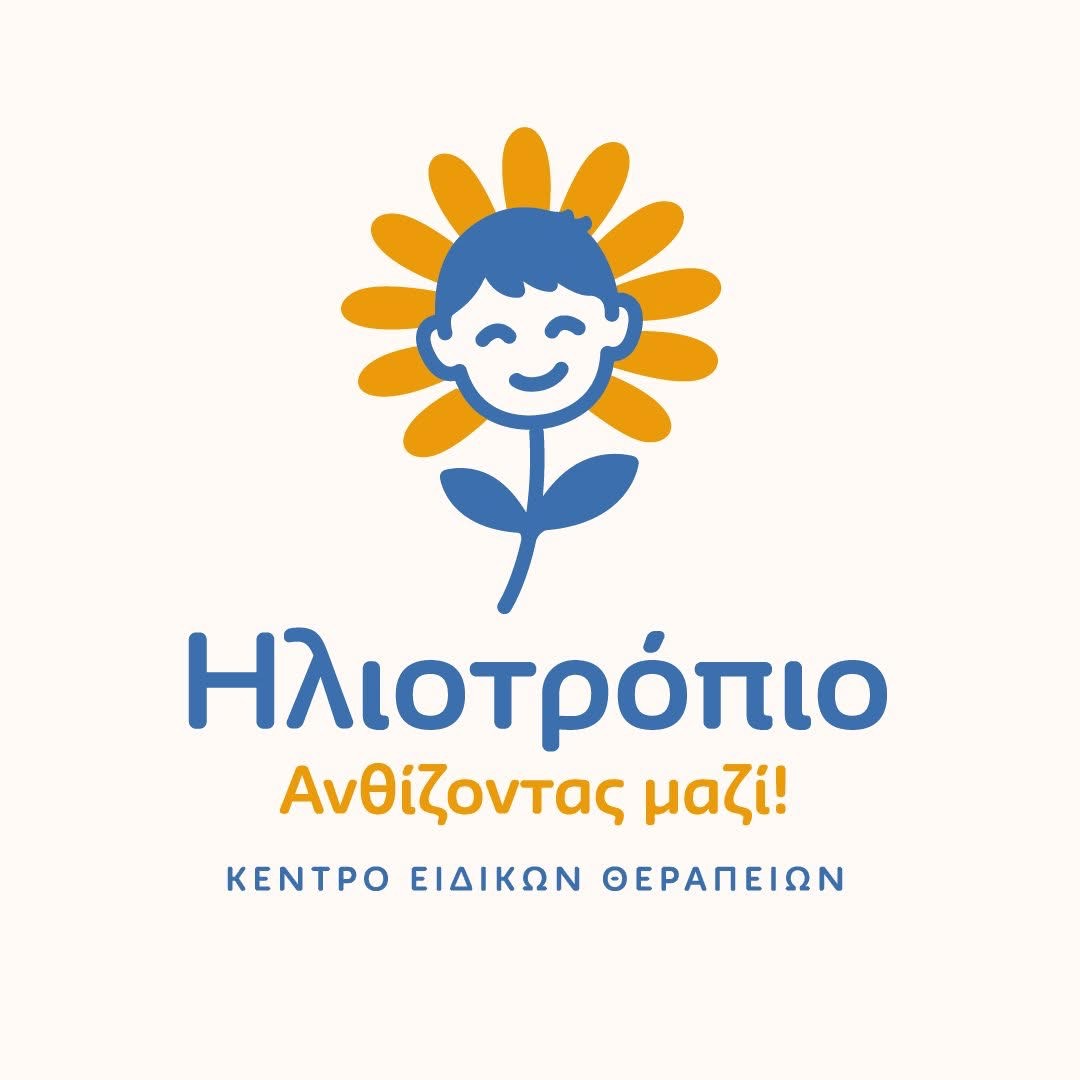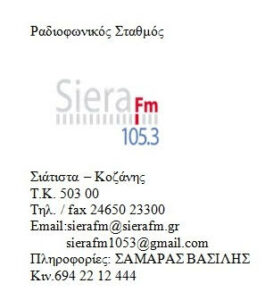Όταν η αρτηριακή πίεση πέφτει κάτω των φυσιολογικών ορίων και δεν αιματώνεται ο εγκέφαλος και η καρδιά καλά, δηλαδή μειώνεται ο όγκος του αίματος στην κυκλοφορία. Αυτό δημιουργεί αδυναμία, ζάλη, σκοτοδίνη και λιποθυμία.
Η πιο συνηθισμένη μορφή είναι η ορθοστατική υπόταση που παρουσιάζεται μετά από την απότομη προσπάθεια του ατόμου να σηκωθεί από το κρεβάτι του ή από την πολυθρόνα του και επανέρχεται αμέσως κατά την κατάκλιση.
Υπόταση: Τα συμπτώματα που θα παρατηρήσετε θα περιλαμβάνουν όλα ή μερικά από τα ακόλουθα:
- Ζάλη
- Ναυτία
- Τάση λιποθυμίας
- “Σκοτείνιασμα” στην όραση
- Εμβοές (“κουδούνισμα” στα αυτιά)
- Κρύα ή/και υγρά χέρια και πόδια
- Ευαισθησία στο φως και τον θόρυβο
- Κόπωση και ταχυκαρδία
Χαμηλή πίεση: Τι να τρώτε για να ξεπεράσετε την υπόταση
Η διατροφή έχει επίσης σημαντικό αντίκτυπο στην υγεία της καρδιάς και την αρτηριακή σας πίεση. Δείτε πώς να αυξήσετε την αρτηριακή σας πίεση μέσω της διατροφής:
Πίνετε άφθονα υγρά
Όταν είστε αφυδατωμένοι, ο όγκος του αίματός σας μειώνεται, γεγονός που προκαλεί τη μείωση της αρτηριακής σας πίεσης. Οι περισσότεροι γιατροί συστήνουν να πίνετε τουλάχιστον δύο λίτρα νερού (περίπου οκτώ ποτήρια) κάθε μέρα. Η πρόσληψη νερού θα πρέπει να είναι υψηλότερη σε ζεστό καιρό ή κατά την άσκηση.
Φάτε αλμυρές τροφές
Οι τροφές με υψηλή περιεκτικότητα σε αλάτι μπορούν να αυξήσουν την αρτηριακή σας πίεση. Τέτοιες είναι οι ελιές, το τυρί cottage και οι κονσέρβες. Μπορείτε επίσης να προσθέσετε αλάτι στα γεύματά σας.
Καφεΐνη
Ποτά όπως ο καφές και το τσάι με καφεΐνη προκαλούν αύξηση του καρδιακού ρυθμού και προσωρινή αύξηση της αρτηριακής πίεσης. Αυτό το αποτέλεσμα είναι συνήθως βραχυπρόθεσμο και η πρόσληψη καφεΐνης δεν επηρεάζει την αρτηριακή πίεση όλων με τον ίδιο τρόπο. Εάν είστε τακτικός πότης καφέ, μπορεί επίσης να αναπτύξετε υψηλότερη ανοχή για τις επιδράσεις του στο αγγειακό σύστημα.
Βιταμίνη B12
Η βιταμίνη Β12 παίζει βοηθάει το σώμα να παράγει υγιή ερυθρά αιμοσφαίρια. Η έλλειψη αυτής της σημαντικής βιταμίνης μπορεί να οδηγήσει σε αναιμία, η οποία μειώνει την αρτηριακή πίεση και μπορεί να οδηγήσει σε υπερβολική αιμορραγία, καθώς και βλάβη οργάνων και νεύρων. Τροφές πλούσιες σε βιταμίνη Β12 περιλαμβάνουν αυγά, κοτόπουλο, ψάρια (όπως σολομός και τόνος) και γαλακτοκομικά προϊόντα χαμηλής περιεκτικότητας σε λιπαρά.
Φολικό οξύ
Το φολικό οξύ (βιταμίνη Β9) είναι μια άλλη βασική βιταμίνη που βρίσκεται σε τροφές όπως τα σπαράγγια, το μπρόκολο, το συκώτι και σε όσπρια όπως οι φακές και τα ρεβίθια. Η ανεπάρκεια φολικού οξέος μπορεί να έχει πολλά από τα ίδια συμπτώματα με την ανεπάρκεια βιταμίνης Β12, προκαλώντας αναιμία που οδηγεί σε μείωση της αρτηριακής πίεσης.
Μειώστε τους υδατάνθρακες
Τροφές με υψηλή περιεκτικότητα σε υδατάνθρακες, ιδίως επεξεργασμένους υδατάνθρακες, τείνουν να αφομοιώνονται πολύ γρήγορα σε σχέση με άλλες τροφές. Αυτό μπορεί να οδηγήσει σε απότομη χαμηλή πίεση. Μια διατροφή με χαμηλή περιεκτικότητα σε υδατάνθρακες έχει αποδειχθεί σε ορισμένες μελέτες ότι κάνει καλό για την υπόταση, ειδικά σε ηλικιωμένους ενήλικες.
Μειώστε την ποσότητα του γεύματος
Όταν τρώτε ένα μεγάλο γεύμα, το σώμα σας χρειάζεται πολύ περισσότερη ενέργεια για να το αφομοιώσει, κάτι που μπορεί να προκαλέσει χαμηλή πίεση. Αυτό είναι ακόμα πιο έντονο για εκείνους που παραλείπουν ενδιάμεσα γεύματα αφού συνήθως καταναλώνουν ένα πολύ μεγάλο γεύμα 1-2 φορές την ημέρα. Ακόμα κι αν δεν μειώνετε τη συνολική ποσότητα που τρώτε, η κατανάλωση μικρότερων γευμάτων όλη την ημέρα είναι πιο υγιεινή τόσο για την πέψη όσο και για την κυκλοφορία του αίματος.
Μειώστε το αλκοόλ
Μεταξύ των πολλών αρνητικών επιπτώσεων στην υγεία, η κατανάλωση αλκοόλ προκαλεί αφυδάτωση στον οργανισμό. Αυτό οδηγεί σε χαμηλή πίεση. Γενικώς μειώστε την ποσότητα αλκοόλ που καταναλώνετε. Προσπαθήστε, επίσης, να πίνετε ένα ποτήρι νερό για κάθε ένα αλκοολούχο ποτό που καταναλώνετε, για να αποφύγετε την αφυδάτωση.
Πηγές: http://www.buzzle.com, http://www.medicinenet.com, http://www.mayoclinic.org, https://manhattancardiology.com
